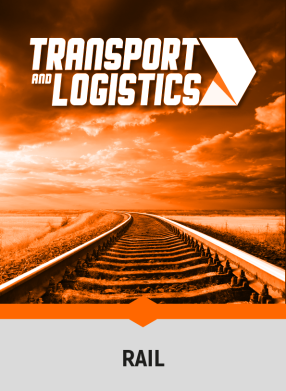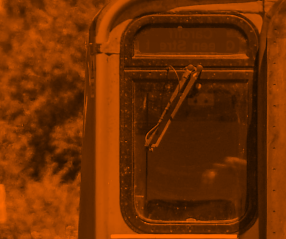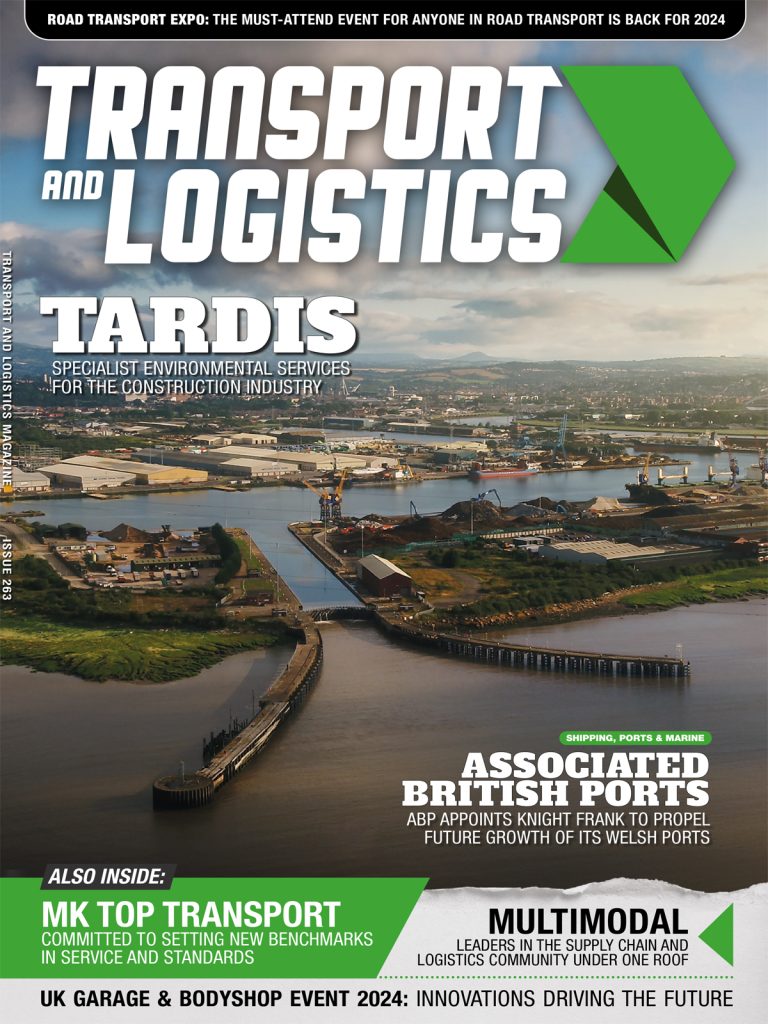An average of five striking incidents happens across the country every day, costing millions of pounds of damage and major delays and disruption to trains, deliveries and the general public.
There are currently 1,800 incidents occurring each year relating to heavy goods vehicles striking bridges, according to data from Network Rail. Each incident is estimated to cost up to £13,500, including bridge repairs and compensation paid to operators, which adds up to almost £13 million per year.
New research carried out by Network Rail revealed that 43% of lorry drivers admitted to not checking the height of their vehicle before heading out, with 52% admitting to not taking low bridges into account when planning their journeys.
Once the value of undelivered goods and loss of productivity is considered, the wider cost implications of bridge strikes are thought to be as high as £23 million per year.
“For more than a decade, we have been providing driving assistance to truck and other professional drivers, helping them to get from A to B quickly, efficiently and, most importantly, safely. To hear that these exceptionally skilled drivers are making a simple mistake that is resulting in so much damage and disruption is what has led us to support the ‘wise up, size up’ campaign, spearheaded by Network Rail,” said Phil Jones, head of sales and marketing at Snooper, Europe’s leading supplier of driving technologies,
“By reminding drivers of the correct procedures to follow, including checking the size of the vehicle they’re driving and planning a suitable route, throughout their shift, we hope to keep them ‘bridge aware’ at all points of their journey. There are a wealth of technologies available to help drivers navigate roads safely and efficiently, meaning there’s no reason for these incidents to occur,” he added.
In addition to the extensive damage caused by striking a bridge, drivers involved in these incidents could face criminal prosecution, which could see them imprisoned or disqualified from driving.
Data also indicates that the number of strikes peaks in October, rising to almost 10 per day. Research suggests this could be due to the daylight saving hour change and increased deliveries ahead of Christmas. Most bridge strikes happen between 10am and 11am, but remain high all day until around 6pm in the evening and can cause hours of travel chaos.














